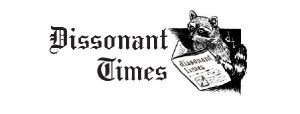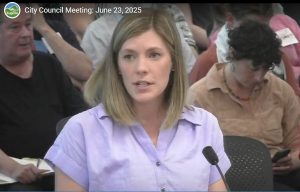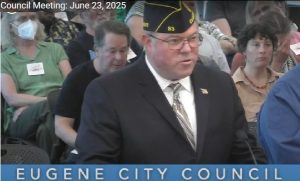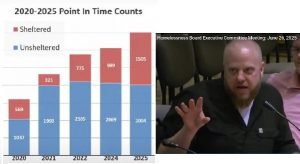A public meeting sampler for April 2022
3 min read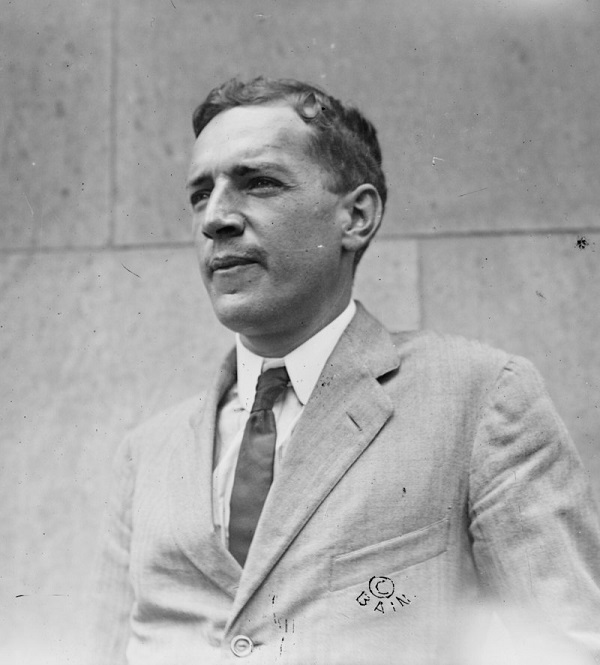
Upton Sinclair. Public domain, By Bain News Service, publisher - Library of Congress Catalog: https://lccn.loc.gov/2014686178.
And here (in no particular order) are some of our favorite quotes from recent public meetings.
[00:00:07] Active Bethel Community co-chair Lin Woodrich: ABC’s long range plan to reduce the heat island effects in the Bethel neighborhood by planting trees is off to a great start. Thanks to all the volunteers, the City of Eugene for budgeting for 132 trees along Highway 99; to EWEB and the City for tree planning grants, the grand total of trees planted in Bethel this year will be over 250 trees. We plan to continue planting until Bethel’s tree canopy coverage is equal to the more affluent parts of town.
[00:00:37] With the shutdown of J H Baxter, it has become even more clear that the city needs the health overlay zone and new tools to deal with chronic toxic polluters, ensure polluters have insurance to cover the cost of cleanup when they shut down, and stop new polluters from locating here. These tools will be a critical piece in the future planning for our area.
[00:01:01] Eugene School District 4J Board Member Gordon Lafer: A number of people are talking about Ukraine this week. In at least one of our elementary schools, kids will take out a book that tells them that Kiev and Ukraine are in the Soviet Union and explains the difference between West and East Germany, because we still have books from the 1970s that some kids were using. And that’s only one of the reasons why we need more certified librarians.
[00:01:27] Gretchen Miller: The climate crisis is now. Each thing we do makes only a little difference, but we all have to do it. We all have to do our part. I can’t help but remember the quote from Upton Sinclair, who was quite a guy, by the way. He says, ‘It is difficult to get a man to understand something when his salary depends on his not understanding it.’ You’ll hear from a lot of people whose salary depends on them not understanding the problem here. But I urge you to dig out that backbone and do the right thing here.
[00:02:05] Carol Van Strum: Why are we making toilet paper out of trees, you know? They’re on these 40-year rotations. What they’re cutting isn’t worth making lumber out of. It’s all going into paper pulp in the most inefficient use of technology imaginable that they’re taking wood and turning it into paper.
[00:02:26] Because it takes so much chemical use, water use, energy use, et cetera, to grind up trees, pulp them, and soak them in chemicals to get the lignin out— because you can’t make paper with lignin and that’s what trees are made with, what holds them together— and when we have perfectly good sources of other materials to make paper with: Agricultural straw, which is a waste product in most places; from kudzu; from hemp. Any annual plant doesn’t have the kinds of lignin that trees have.
[00:03:01] Egyptians invented paper from a grass! They were making it from grasses, papyrus. So there’s one of the major changes that needs to happen. We wouldn’t be faced with this incredible so-called need to cut down forest, if we didn’t have to make paper out of them. But of course it goes way farther than that.
